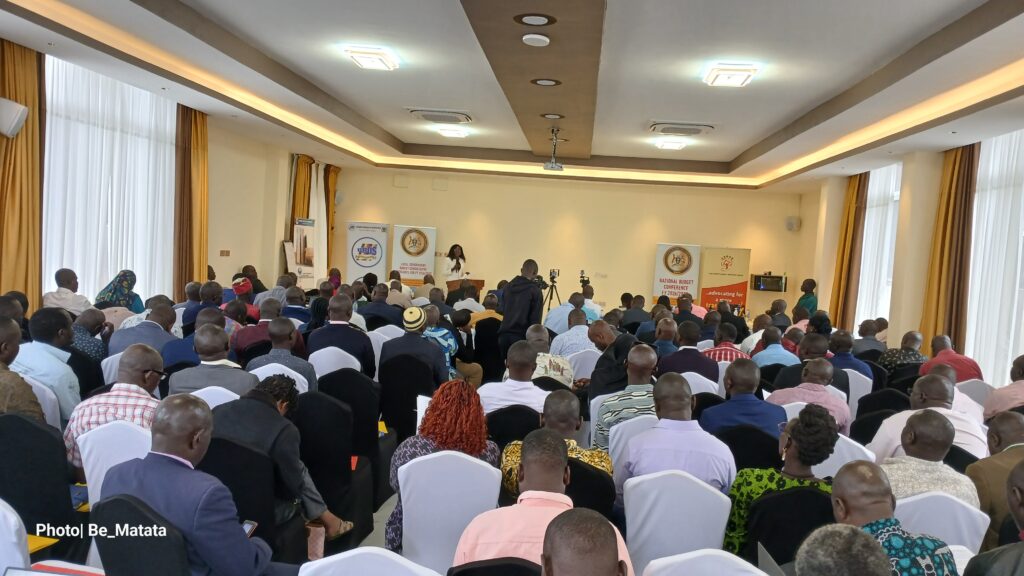West Nile Leaders Call for Increased Funding to Enhance Service Delivery

The West Nile leaders in National budget consultation meeting
ARUA: Leaders from the West Nile region have appealed to the government for increased funding in critical sectors to improve service delivery.
The call was made during the Local Government Budget Consultative Workshop for the Financial Year 2026/27, held in Arua from September 15 to 16, 2025.
The leaders emphasized the need for greater investment in roads, tourism, education, mechanized agriculture, and industrialization to drive development in the region.
Koboko District Chairperson Mambo Asiraf highlighted that current funding for revenue-generating sectors like tourism and roads is inadequate.
He urged the government to allocate more resources to these areas to boost local revenue and enhance service delivery.
“Local revenue enhancement remains a challenge due to centralized funding systems, which have yet to yield significant results,” Mambo said.
He added that: “Tourism, for instance, has immense potential to generate revenue, but the allocated funds, such as UGX 6 million for development, are insufficient. The government should prioritize sectors that expand the revenue base.”
Similarly, Zombo District Chairperson Oyulu James Oruna noted that the current UGX 1 billion road fund is inadequate for maintaining district roads, particularly in areas with extensive road networks like Zombo.
He proposed doubling the allocation to UGX 2 billion to address challenges such as installing culverts over streams and valleys.
“I appreciate the government’s UGX 1 billion allocation for district roads, but for districts like Zombo with numerous water crossings and valleys, this amount is insufficient,” Oyulu said. “Increasing it to UGX 2 billion would enable us to address critical infrastructure needs.”
In response, Saka Isaac, Communications Officer at the Ministry of Finance, Planning and Economic Development, explained that the consultative workshop aims to gather district-level proposals to shape the national budget.
“These consultations are vital for developing the national budget,” Saka said. “We collect ideas from local leaders who are closest to the people, discuss government strategies, and incorporate valuable insights to create a budget that drives results.”
The workshop, themed “Full Monetization of Uganda’s Economy through Commercial Agriculture, Industrialization, Expanding and Broadening Services, Digital Transformation, and Market Access,” provided a platform for leaders to align regional priorities with national development goals.